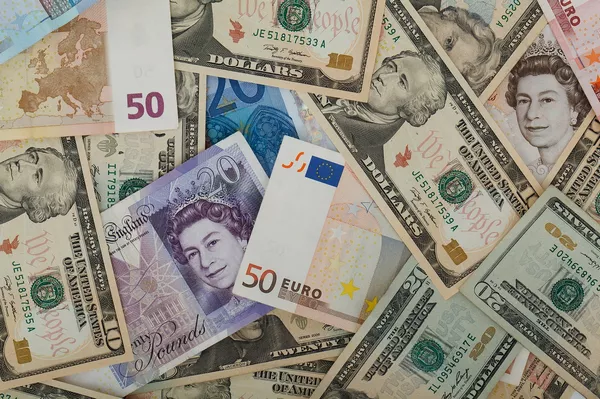In the complex and interconnected world of global finance, the strength or weakness of a nation’s currency plays a pivotal role in shaping its economic landscape. While a strong currency is often perceived as a sign of economic stability, there are instances where a weaker currency, such as a weak pound, can prove to be advantageous for a country. In this article, we will delve into the reasons why a weak pound can be beneficial for an economy and explore the various dynamics that contribute to this phenomenon.
Boosting Export Competitiveness
One of the primary advantages of a weaker pound is the positive impact it has on a country’s export competitiveness. When a nation’s currency depreciates against other currencies, its goods and services become more affordable for foreign buyers. This, in turn, can lead to an increase in export volumes, stimulating economic growth and creating a favorable balance of trade.
For the United Kingdom, a weaker pound can make British products more attractive in international markets. Overseas buyers find British goods and services more affordable, providing a competitive edge for UK exporters. This increased demand for exports can contribute significantly to the overall economic health of the nation.
Supporting Tourism and Hospitality Industries
A depreciated currency can also have a positive impact on the tourism and hospitality sectors. A weaker pound makes the cost of travel and accommodation in the UK more appealing to foreign tourists. As a result, there is a potential influx of visitors, leading to increased spending on local goods, services, and attractions.
Tourism is a vital component of the British economy, and a weaker pound serves as an incentive for international travelers to choose the UK as their destination. This influx of tourists not only bolsters the hospitality industry but also generates revenue for other sectors, such as retail and entertainment.
Encouraging Foreign Direct Investment (FDI)
A weaker pound can make a country more attractive to foreign investors, encouraging foreign direct investment (FDI). When a nation’s currency is undervalued, foreign investors can acquire assets, such as stocks, real estate, and businesses, at a lower cost. This affordability can serve as a catalyst for increased FDI, fostering economic development and job creation.
For the UK, a weaker pound can present opportunities for foreign investors seeking value in the market. This influx of foreign capital can contribute to the growth of industries, infrastructure projects, and innovation, further strengthening the overall economic landscape.
Alleviating Trade Imbalances
Persistent trade imbalances, where a country imports more than it exports, can lead to economic challenges. A weaker pound can act as a corrective measure, narrowing trade deficits by boosting export competitiveness and making imports relatively more expensive. As a result, a rebalancing of trade dynamics occurs, promoting a healthier economic environment.
By reducing reliance on imports and promoting domestic production, a weaker pound can contribute to a more sustainable and self-sufficient economy. This, in turn, enhances economic resilience in the face of global uncertainties and market fluctuations.
Enhancing Competitiveness of Domestic Industries
While a weaker pound benefits export-oriented industries, it also serves as a catalyst for the growth and competitiveness of domestic industries. When imported goods become more expensive due to the depreciation of the national currency, consumers and businesses are more likely to turn to locally produced alternatives.
This shift toward domestic products can lead to increased production, job creation, and investment in innovation within the country. The resulting boost in competitiveness strengthens the foundation of the domestic economy, fostering long-term sustainability.
See Also Will The Pound Get Stronger In 2024?
Conclusion
In conclusion, while a strong currency is often seen as a symbol of economic stability, there are instances where a weaker currency, such as a weak pound, can bring about various benefits. From boosting export competitiveness and supporting tourism to encouraging foreign direct investment and alleviating trade imbalances, a depreciated currency can play a pivotal role in shaping a nation’s economic landscape.
It is crucial, however, to recognize that the advantages of a weaker pound are context-dependent, and policymakers must strike a balance to ensure that economic stability is maintained. Ultimately, understanding the dynamics of currency valuation and its impact on the broader economy is essential for navigating the complexities of the global financial system.


